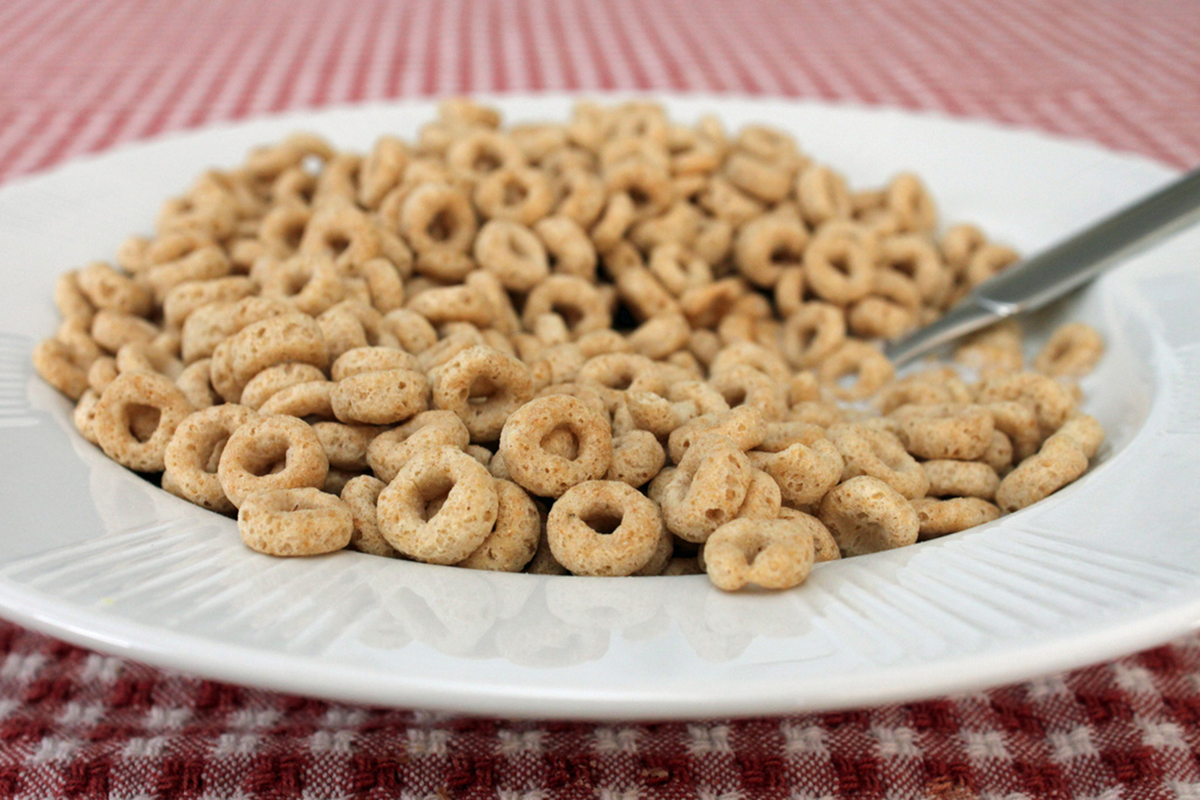Obesity is on the rise. Just over 30 percent of Americans were obese in 1999, the CDC says, while nearly 42 percent of the population is clinically obese today. Some have referred to this as an "epidemic". Obesity isn't contagious, but we do live in a culture that makes embracing the factors that lead to it easy.
What can you do to take control back? Yup — it's simple. Not easy, but simple. Lower your calorie intake and increase your caloric expenditure to create a deficit. Diet makes up the lion's share of any weight loss efforts, and here's how you can start.
Why Lower Calorie Intake?
Obesity is quickly becoming an epidemic in Europe, Australia and the USA. It is becoming more and more important to try and battle an increasing waistline by watching what we eat. Cutting down the amount of calories that we take in each day is a simple method to try and avoid putting on any excess weight and you are completely in control of it.
This is dependent on each individual and these are just general guidelines. In order to lose weight you need to make sure your calorie intake is less than the recommended and certainly not above, doing exercise will burn further calories to increase the amount of weight you lose.
Count Calories for 2 Weeks
A good place to start if you are considering decreasing your calorie intake is to use online calculators to work out your actual required daily allowance based on your age, gender and current weight. Use the link below to Bodybuilding.com to get your reading. Two weeks before you plan to change your calorie intake I advice my clients to keep a food diary and count all the calories they consume, this way they start to take control of their diet and have an idea of how many calories are in the foods they regularly eat. Doing it for just a couple days does not give an accurate determination as you can easily stick to a "good" diet and cheat the system, be honest and get a full and accurate picture of your current intake. Facing the reality of your current diet is the first step to getting control of your nutrition - a bit like an addict admitting to their problem before treatment.
Use the following simple tips in your daily diet and your calorie intake should easily be lowered.
See Also: Don't Just Count Calories: Figure Out Which Calories Count
Eat smaller more regular meals
When you eat three big meals a day there is a temptation to over eat, but a good tip is to break your meals into six smaller meals throughout the day. This usually means that the size of the meal is small and by eating at regular intervals your metabolism stays active, keeping you feeling fuller and avoiding the ups and downs of energy crashes - which often leads to snacking. When eating six smaller meals it is a good idea to base each meal on a protein and vegetable combination to avoid taking in too many carbohydrates which is discussed in more detail later.
Eat More Fibre
Including additional fibre in your diet is great for your digestive system and keeps the metabolism working for as long as possible. The other benefit to more fibre is it is very good at making you feel fuller for longer - hence why breakfast cereals are predominantly fibre based. If you are trying to cut calories and lose weight add some extra fibre in your morning meal such as whole wheat bread to keep you feeling fuller and avoid snacking between meals.

Drink Plenty of Water
Everyone knows how important hydration is for the body and it is well accepted that we should drink between 2 and 3 litres of water per day. But it has another great function which is to help keep us feel full, not so we eat less but as a key to stopping inappropriate snacking. By drinking water between meals it can stop us from feeling unnaturally hungry or tempted to snack when bored.
Eat Less Carbohydrates
An important step to lowering calorie intake is to try and lower the amount of carbohydrates you take in per meal. For every gram of carbohydrate there is 4 calories so try to limit the amount to around 100-150g of carbs a day. Try to avoid white bread and pasta as these are particularly high in calorie content.
Decrease Your Portion Size
The quickest and easiest way to prevent excess calorie intake is to cut down on your portion size. Portion size is one of the highest contributing factors to obesity in the UK and USA with super size meals becoming bigger and bigger. When we eat our brain is stimulated and releases endorphins because we are eating nice food, the more often we eat foods that are unhealthy the harder it is to please that part of the brain - ending in needing to eat more to get the same satisfaction.
See Also: Easy Ways to Reduce Your Portions: Cut Calorie Intake and Lose Weight
Decreasing your calorie count has more benefits than simply losing weight. If you are trying to cut calories it is more often that people actually embark on a healthier diet because they realise how many calories are in foods such as burgers and crisps. Therefore foods low in calories can be eaten in larger quantities and become peoples food of choice. It improves your heart health as less fatty foods will help decrease the risk of fatty build ups in the arteries which is the leading cause of chronic heart disease. But also a healthy diet of natural foods feeds the brain, makes you feel more alert and will give you much more energy!
- Mindmap by steadyhealth.com
- Photo courtesy of odonata98 by Flickr : www.flickr.com/photos/29820142@N08/5399595876/


